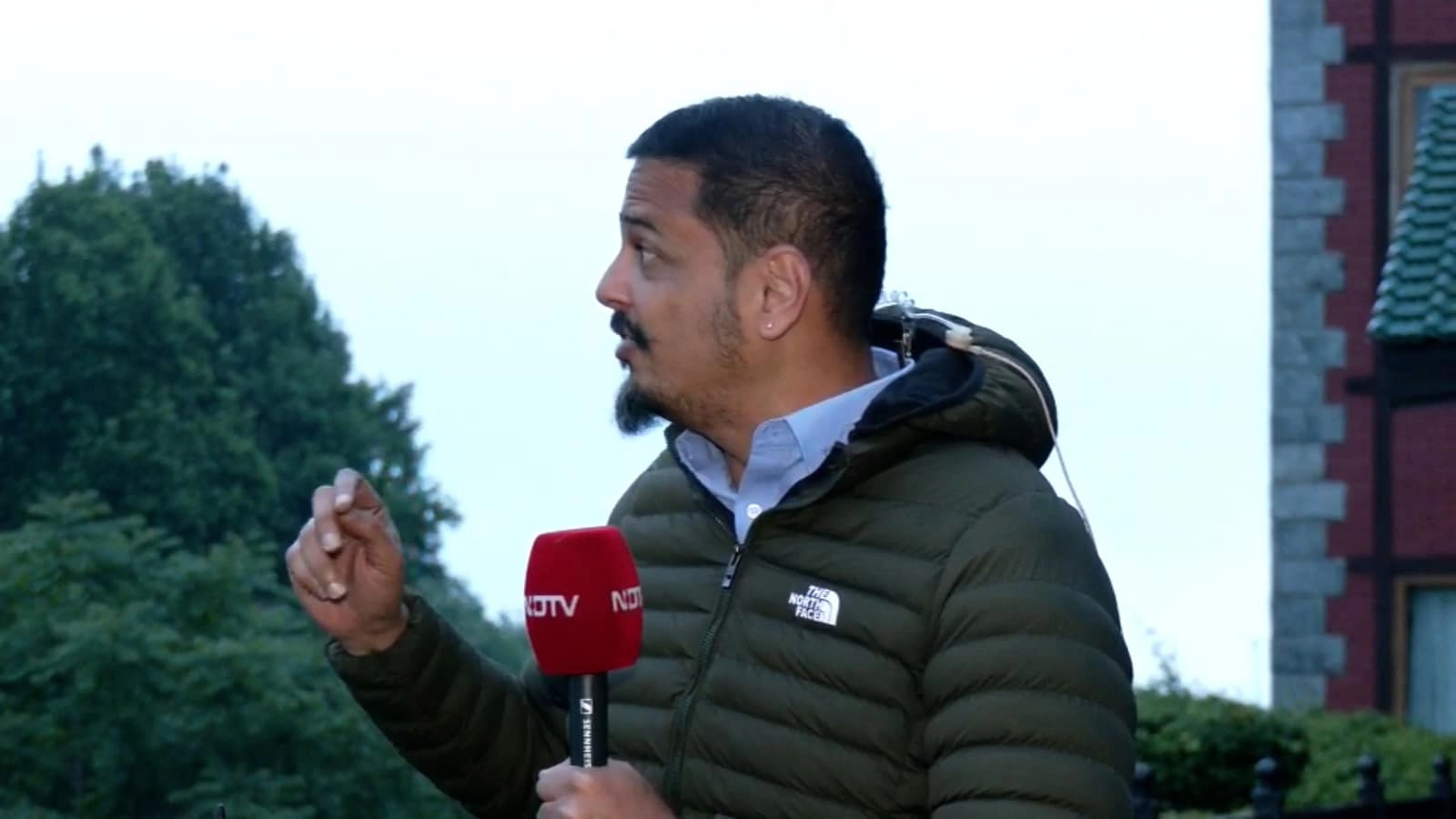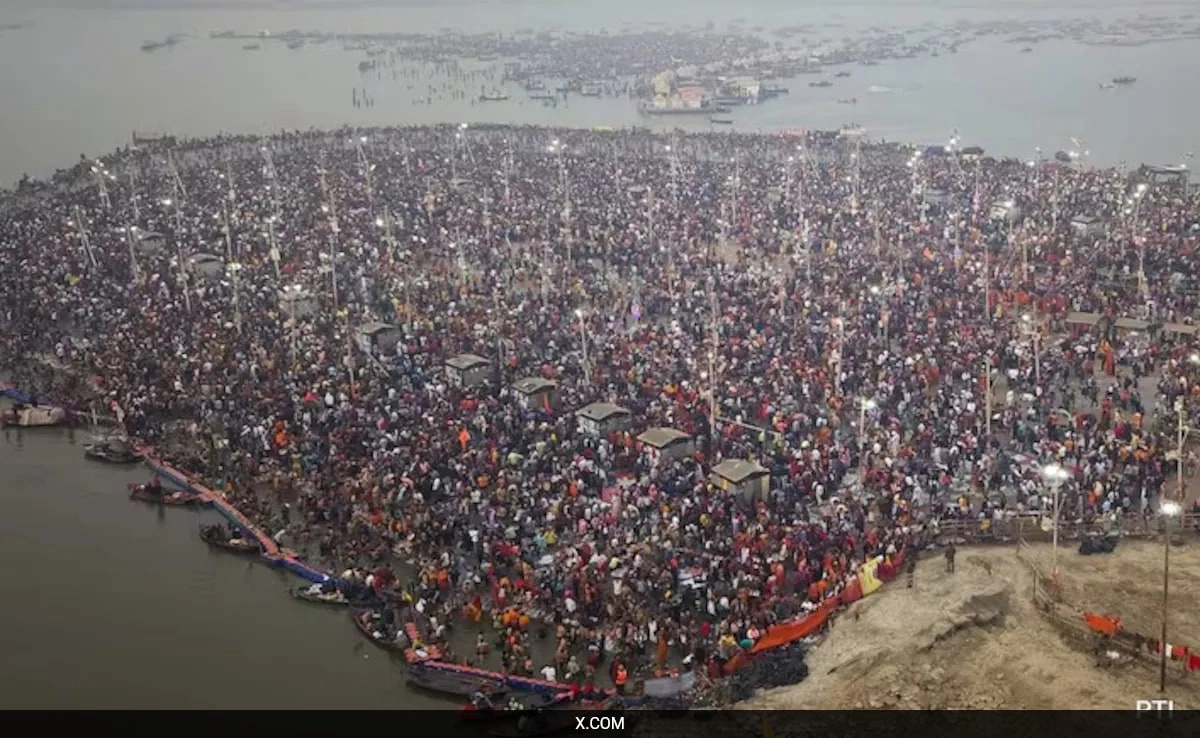K. Chandrashekar Rao, the Chief Minister of Telangana, has decided to postpone his appearance before the probe panel investigating the Kaleshwaram irrigation project. Originally scheduled for a date earlier this month, the meeting has now been rescheduled to June 11. This decision comes amid ongoing scrutiny over the project, which has been a focal point of discussion due to its significant implications for the state’s irrigation and agricultural sectors.
The Kaleshwaram project, one of the most ambitious irrigation initiatives in India, aims to harness the waters of the Godavari River to provide irrigation to vast tracts of land in Telangana. However, the project has faced criticism and accusations regarding its budgeting, execution, and overall efficiency. The probe panel, tasked with delving into various aspects of the project, is expected to examine these concerns rigorously. KCR’s postponement of his appearance raises questions about the transparency of the project and the urgency with which the government is addressing these allegations.
By deferring his appearance, KCR might be attempting to prepare more thoroughly for his testimony or to manage the political implications of the inquiry. The Kaleshwaram project has significant political weight in Telangana, and any findings from the probe could have far-reaching consequences for the ruling party. Stakeholders, including farmers and environmental activists, are keenly awaiting the outcome of the investigation, as it could directly affect the agricultural landscape and water management policies in the region.
As the new date approaches, it remains to be seen how KCR will address the concerns raised by the panel and what implications his testimony will have for the future of the Kaleshwaram project. The outcome of this inquiry could also set precedents for how similar projects are managed and scrutinized in the future, making it a pivotal moment in Telangana’s governance and infrastructural development. Moreover, the political dynamics within the state may shift depending on the findings of the panel, making this a critical juncture for both the government and its constituents.




